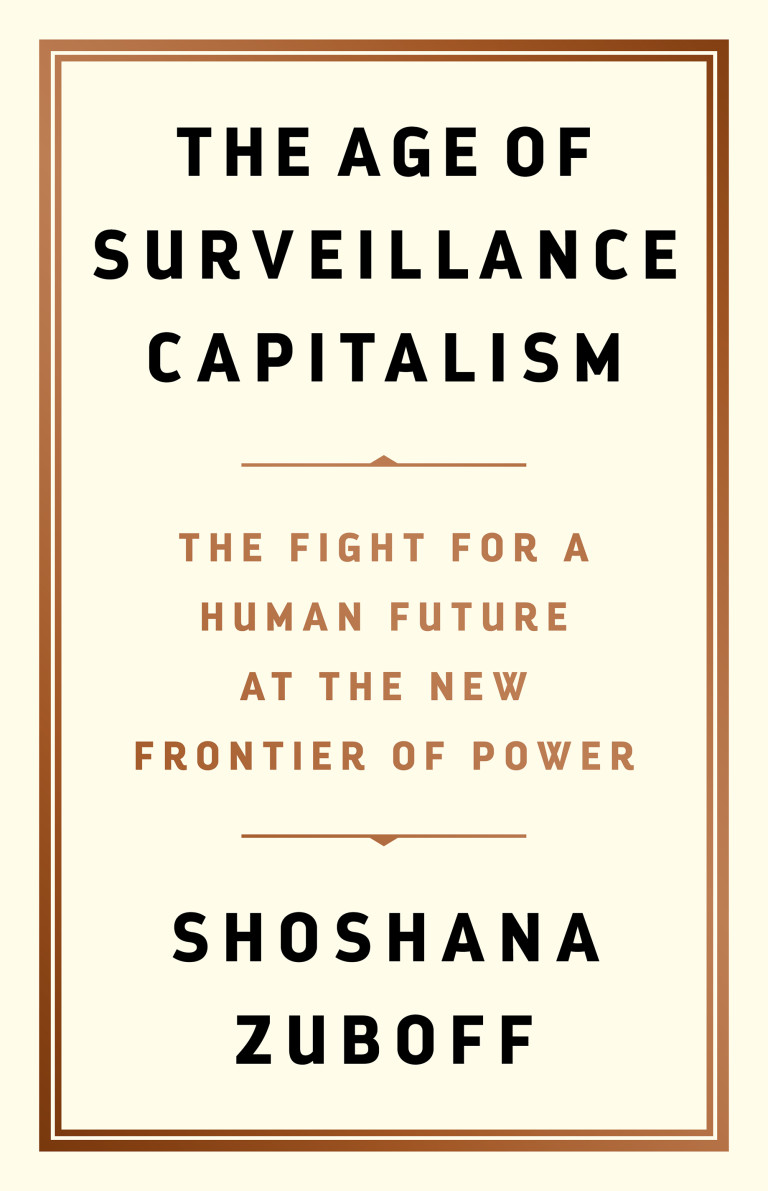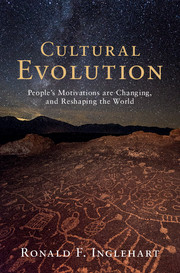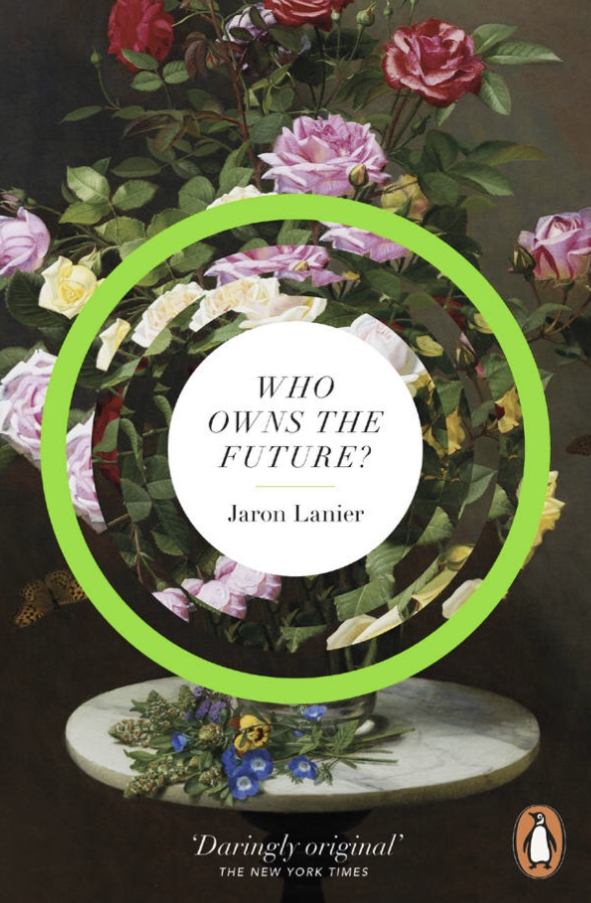Nassim Taleb in the book “Skin in the Game” provides a meta guide to risk exposure and how the fragility works. It’s not so much exploration of strategies for dealing with uncertainty, it’s more of a deep intellectual dive into the Greek and Arabic origins of thinking about risks and how the concept of ‘skin in the game’ is reflected in politics, businesses, belief systems and across different magnitudes of scale (individual, tribal and society as a whole).
Core concepts:
Uncertainty
- Time as an equivalent to disorder, with its intelligence – to remove the fragile beings and keep the robust ones,
- Fragility as a nonlinear reaction to stressors (covered in depth within “AntiFragile”, Nassim Taleb’s previous book)
- The necessity of suffering – Life as a sacrifice and risk-taking. Nothing that doesn’t entail some moderate amount of risk doesn’t really count
- Freedom coming with risks – as it’s never free. Ironically, the highest status of free men is indicated by the voluntary adoption of the mores of the lower class
- Necessary exposure – without exposure to reality, the mechanism of fragility is disrupted. Things may survive for a while for no reason and then collapse with lots of collateral harm.
- Lindy effect – useful heuristic named after a deli in New York; future life expectancy of some things or ideas being proportional to their current age.
Collaboration:
- The community as space for equality for conversation/collaboration to take place,
- Rigor in discourse as opposed to rhetoric that gave birth to Philosophy
- Revealed preferences – impossible to have an idea what others think as they themselves don’t necessarily know (see “The Elephant in the Brain”).
- Gharar (transactional risk) hazard, the negative element in the transaction. Bboth parties in transactional should have the same uncertainty facing random outcomes.
- Ergodicity in population – each of us spends a proportional amount of time in the economic conditions of the entire cross-section. It’s opposite is Absorbing state: it’s a trap – once you’re in certain class you can’t get out.
Knowledge and rationality
- Rationality as avoidance of systemic ruin (if a stratega that entails ruin, benefits never offset risks of ruin. By this – what is rational is that which allows for survival)
- Distortions of knowledge coming from our evolutionary pressures making it impossible to produce an unbiased understanding of reality,
- Scientism (as a naive interpretation of science)
- Intellectualism – belief that it is possible to separate an action from the results of such action.
Attitudes:
- Intelligentsia & “IYI” – Intellectual Yet Idiot – do things he doesn’t understand without realizing it is his understanding that might be limited.
- Sophrosyne – a concept with forgotten meaning combining precaution+self-control+temperance all in one. Being a Sophoron was considered a virtue by Plato.
- Artisans – those, that combine art and business by doing things for existential reasons & putting soul in their work,
- ”Stochastophobe Tawker” – a voyeur who wants to watch but not take risks,
Complexity:
- The curse of dimensionality – the higher the dimension – the more disproportionally difficult it is to differentiate between macro and micro viewpoint.
- Via Negativa – approach to eliminate & free up maximum free time, in order to withstand high benchmark for the things that one does,
- Scale effects in politics – where one can have opposite political views related to scale, making left vs right distinction not useful.
2 maps with core concepts:
Skin in the Game
by Nassim Taleb
⭐⭐⭐⭐⭐
Published: FEB 2018
Length: 304 pages
Time to read: 11h

Related Concepts
No related concepts found
Related books
- Jan 30, 2019The book delivers an abundance of information, insights, and counsel on, what Shoshana calls, the darkening of the digital age. It is about the challenges to humanity posed by the digital future, and un unprecedented new form of power.
- Jan 24, 2019Smith and Wilson show how Adam Smith's model of sociality can re-humanize twenty-first century economics by undergirding it with sentiments, fellow feeling, and a sense of propriety - the stuff of which human relationships are built.
- Mar 1, 2018Regarded as one of the most important works in the social sciences in decades, Cultural Evolution argues that people's values and behavior are shaped by the degree to which survival is secure.
- Feb 13, 2018Steven Pinker argues that humanism (a reasoned commitment to maximizing human flourishing), science, and democracy have resulted in substantial, measurable human progress over the last 500 years.
- Mar 7, 2013How the concentration of data and distribution of risk by those who own the data creates a significant risk to our capitalist based economy and over the long term to the very companies that create the situation.




